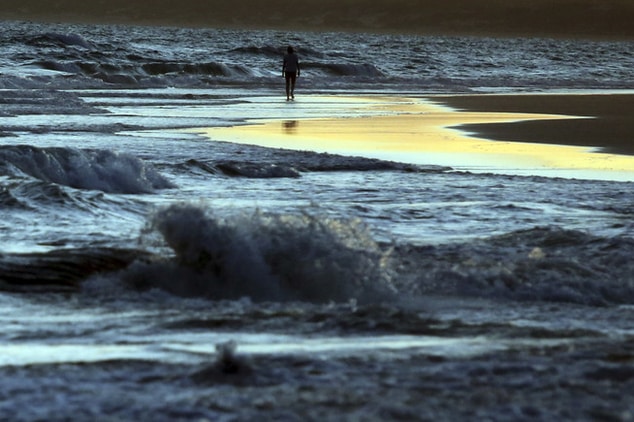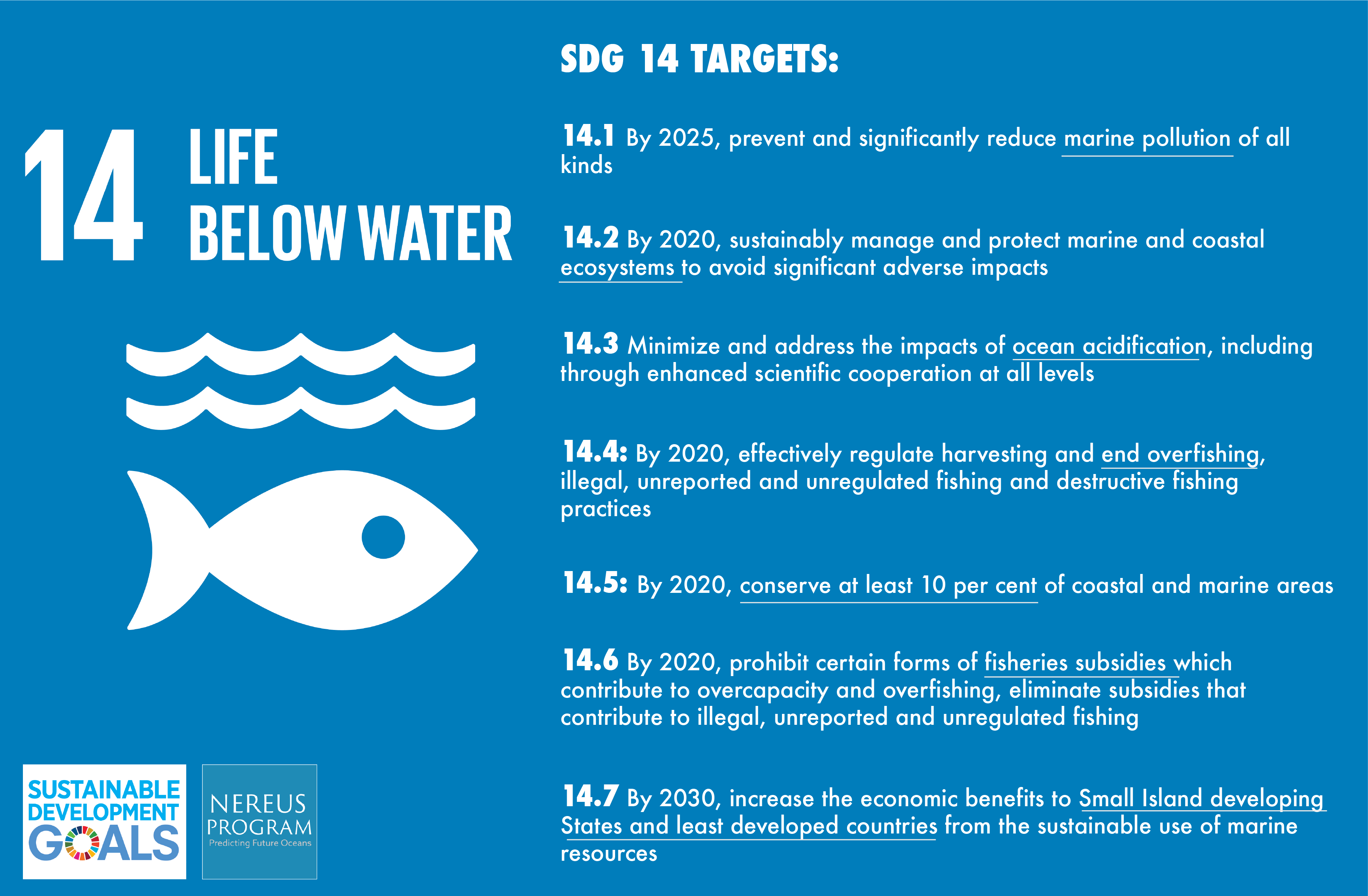World Economic Forum
The G7 Should Take the Lead on Ocean Targets for 2020

Source:REUTERS/Goran Tomasevic
Nations, organizations, businesses and citizens are rallying around marine challenges like never before.
Views
The G7 Should Take the Lead on Ocean Targets for 2020
By Peter Thomsonweb only
Seven of the world’s most powerful heads of state are meeting in Quebec. Fortunately, their host Canada has put saving the ocean at the heart of their discussions. I believe this meeting could be a watershed moment in our race to meet critical Sustainable Development Goal (SDG) ocean targets by 2020. Just two years remain.
My message to the leaders of the G7 on World Ocean Day: this is your chance. If you send a strong signal on the ocean, you will fast-track solutions to our planet's most pressing challenges: climate change, food security, economic stability and pollution. You will spur the private sector and other non-state actors into innovation, investment, job creation and scaling up existing actions.
The stars are aligned for success in our mission to revive the ocean. Nations, organizations, businesses and citizens are rallying around marine challenges like never before.
From marine plastic pollution to protecting the Arctic and conserving coral reefs, the ocean has never been so prevalent in the media. Momentum keeps growing. Global consciousness has been stirred to action, but this is no sudden event. It is the result of decades of awareness-raising by scientists, activists and ocean allies everywhere. If we miss this moment, and this constellation of opportunities, we will betray not only our long-suffering ocean, but also the collective will of humanity. The people have spoken: they want to save the ocean.
I am optimistic that we will succeed, and that by 2030 we will have healed our sometimes toxic relationship with our seas, transforming it to one of respect and balance. My confidence springs from the fact that we have a comprehensive, universally agreed plan: Sustainable Development Goal 14 ‘Life below water’ and its ten specific targets.
Thanks to this global framework, I have witnessed an unprecedented swell of initiatives over the last 12 months, since we issued a call to action at the United Nations on World Oceans Day 2017. Around the world, there are myriad solutions that are making a difference. These need to be accelerated and expanded, fast. That’s where the G7 can help.
Four of the SDG14 targets are due to be met by 2020. These should be a priority at the G7 talks. Two of them relate to fishing: the pledge to restore fish stocks to sustainable levels by ending overfishing, IUU (illegal, unreported and unregulated) fishing and destructive fishing practices, and the pledge to prohibit subsidies that contribute to these harmful forms of fishing. The major fishing nations of the G7 can make or break our chances of achieving these targets.

They can set, and meet, an ambitious G7 minimum target for domestic overfishing. They can form and invest in partnerships with developing states to accelerate the transfer of marine surveillance and enforcement technologies to areas most at risk from IUU fishing, and they can take a firm stance on prohibiting harmful fisheries subsidies, both now and at the WTO in 2019. Subsidising harmful fishing with up to $30 billion every year is throwing good money after bad, by propping up destructive fishing that would otherwise be unprofitable. It’s time to pull the plug.
The other two 2020 targets are aimed squarely at marine conservation: to sustainably manage and protect marine and coastal ecosystems, build their resilience and take action for their restoration, and to conserve at least 10% of coastal and marine areas.
Thanks to the creation of huge new marine protected areas (MPAs) by the UK, USA, Chile, Mexico and others, in the last 12 months another 6.6 million square kilometres have been added to the world’s network of MPAs. This now covers 7.26% of the ocean. The G7 countries that are lagging behind on this goal could make up the difference, and give us a clear win to celebrate in 2020.
The G7 wield enormous political and economic power. I hope they will listen to their citizens and scientists, and reaffirm their SDG14 promises. I hope they will commit to initiatives and investments that can turn multiple ripples around the world into a giant wave of action to meet the 2020 ocean targets.
Because, whether you are from a small island in the South Pacific like me, or a vast northern land like our G7 hosts, there is no secure, sustainable future possible without a healthy ocean.
We all have a duty - and certainly the the world's most powerful, wealthy nations do - to keep our promises to the blue half of our planet.
Edited by HanSheng Huang
Additional Reading
♦ 90% of Plastic Polluting Our Oceans Comes from Just 10 Rivers
♦ Island-Nations Echoing Each Other by Declaring War Against Plastic Straws
♦ We Have the Tools to Fight Climate Change. It’s Time to Start Using Them
Original content can be found at the website of World Economic Forum.
♦ The G7 should take the lead on ocean targets for 2020
This article is reproduced under the permission of World Economic Forum (WEF) and terms of Creative Commons Attribution-NonCommercial-NoDerivs 4.0 Unported License (“CCPL”). It presents the opinion or perspective of the original author / organization, which does not represent the standpoint of CommonWealth magazine.







